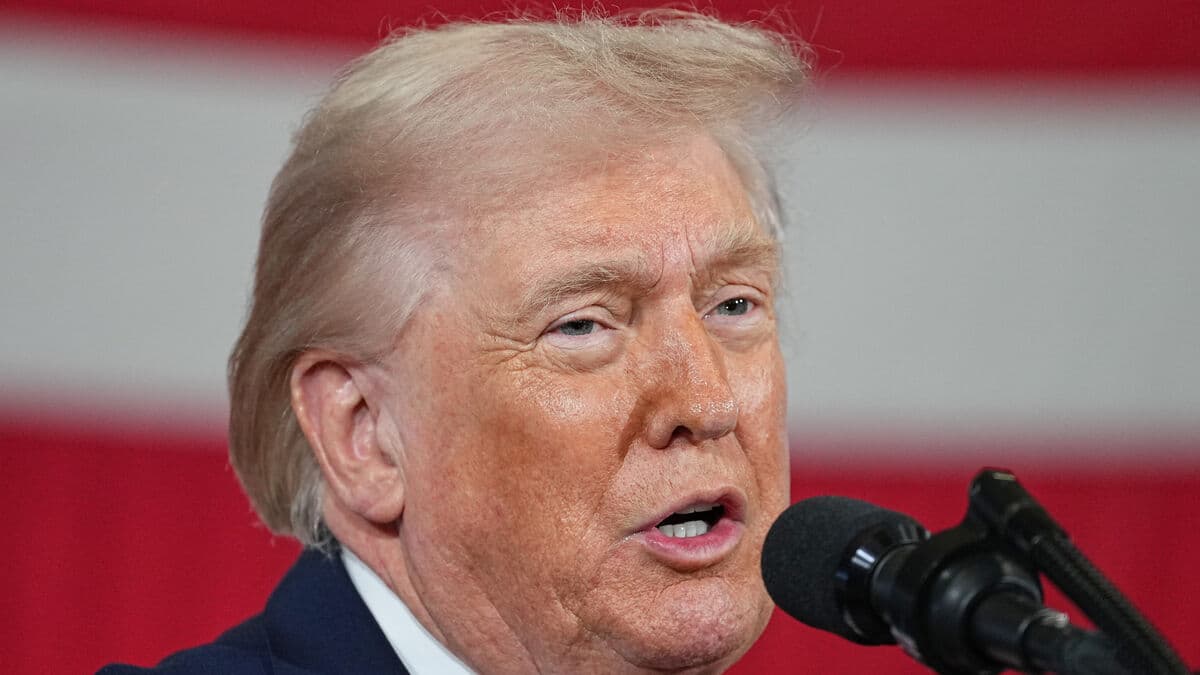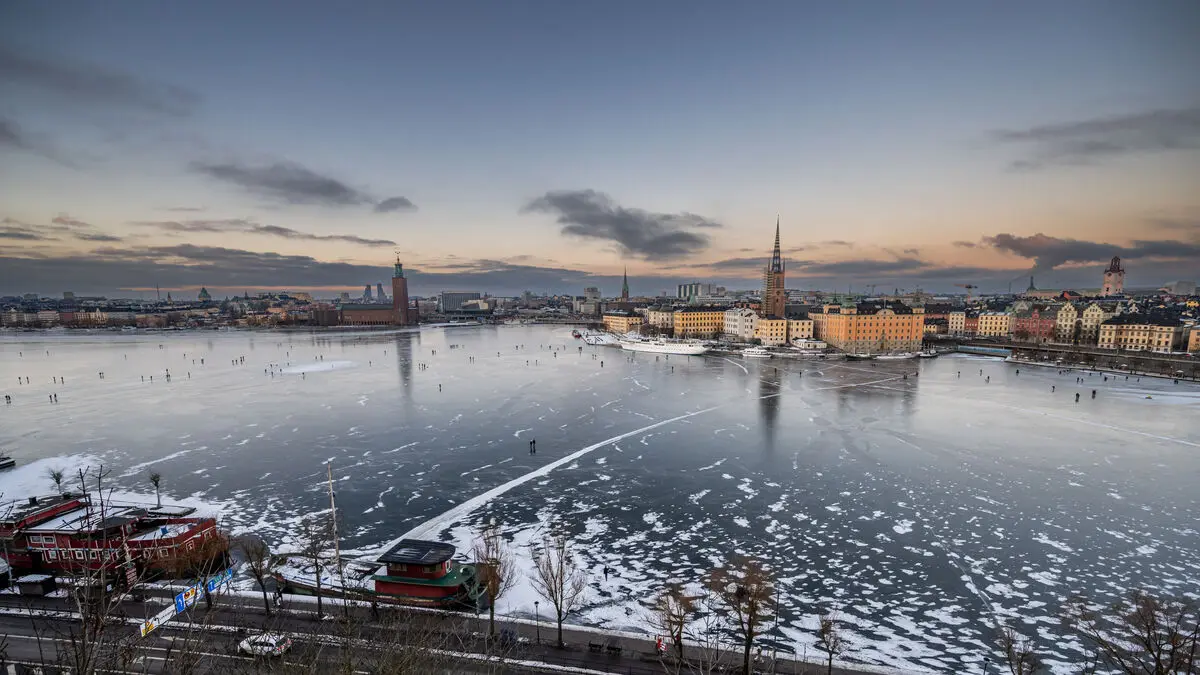The global poverty reduction has almost come to a standstill and the years between 2020-2030 will be a lost decade, according to the World Bank.
The world is experiencing serious setbacks after decades of progress, says Axel van Trostenburg, CEO of the World Bank.
The reason is several overlapping challenges that the world is currently going through, such as slow economic growth, the covid-19 pandemic, and the climate crisis.
The current strategies will not be able to solve the crises. Instead, future poverty reduction requires an economic growth that is less carbon-intensive than before, according to the bank.
Almost one in five people is expected to be affected by a severe weather event during their lifetime and will have difficulty recovering from it, according to the World Bank.
Almost 700 million people – 8.5 percent of the world's population – live on less than 2.15 dollars per day, equivalent to 22 kronor, which is the threshold for extreme poverty.
According to the report, this proportion is expected to remain at 7.3 percent of the world's population by 2030.
Today, extreme poverty is still concentrated in unstable countries with low growth, mainly in Africa south of the Sahara, according to the World Bank.






